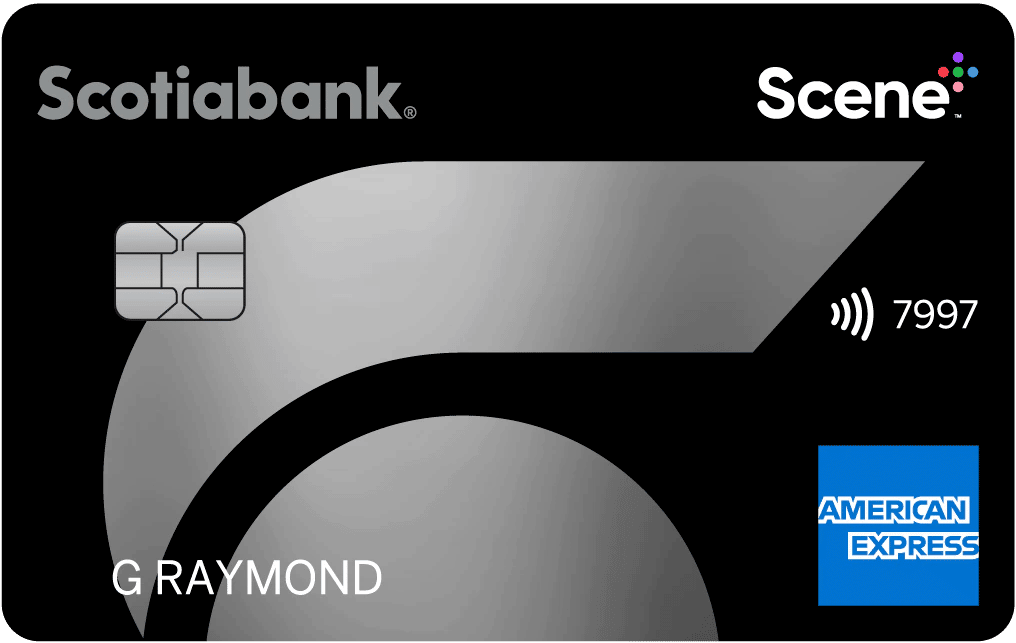Insurance coverage offered by credit cards often doesn’t get the same attention as other card benefits. However, it’s a crucial feature to consider, especially for travellers aged 65 and older.
While some insurance coverage is fairly comparable among credit cards within the same tier, this isn’t the case when it comes to emergency medical coverage, which can differ dramatically between the cards.
In this guide, we’ll outline the best options for securing coverage for you or your loved ones.
Emergency Medical Care Outside of Your Province of Residence
Before delving into the cards themselves, it’s important to go over what this insurance covers, and to establish a baseline of the lower-end of what you can expect in terms of coverage.
Emergency medical care insurance coverage is designed to reimburse you for a certain dollar amount in the event that you’re injured or experience a medical emergency while travelling outside your home province.
This coverage becomes even more relevant if you’re travelling internationally, where it may be more difficult to navigate and understand the local medical system and its costs.
With coverage, you not only gain peace of mind while traveling but can also prioritize getting the care you need without having to worry too much about the financial aspect if unexpected incident occurs.
As we mentioned above, the emergency medical care coverage can vary considerably across different credit cards; therefore, to establish a baseline from which to compare, let’s first look at the coverage offered by two popular cards.
Our first example, the American Express Cobalt Card, offers emergency medical coverage for the first 15 consecutive days of your trip if you’re 64 years old or under; however, once the cardholder turns 65, there’s no coverage at all.

Looking at higher-end cards, the TD Aeroplan® Visa Infinite Privilege* Card offers emergency medical coverage for an incrementally better four days if you’re 65 or older.
As we can see, neither of these cards offers much in the way of emergency medical coverage for travellers over 65.
Therefore, you’ll want to consider a credit card that provides the best insurance for anyone travelling in their golden years.
As always, be sure to read the card’s insurance booklet to understand what’s covered in your specific situation. If you ever have any questions, reach out to the card issuer to confirm what’s included.
With that in mind, here are a few credit cards worth considering for travellers aged 65 and older, offering insurance benefits designed with seniors in mind.
National Bank® World Elite® Mastercard®
In Canada, the gold standard of insurance coverage is set by the National Bank® World Elite® Mastercard®. Travellers over 65 years old are covered for up to 15 days when travelling out of province. The coverage lasts until you turn 76, at which point you’re no longer covered.

It’s also important to note that if you have a pre-existing illness or injury or if there have been changes to your health within six months of your departure date, you won’t be covered if you suffer an accident directly or indirectly related to the pre-existing condition.
If you qualify for coverage, National Bank will cover you up to $5,000,000 (all figures in CAD) for emergency medical care if you end up needing it.
With an annual fee of just $150/year, we consider the National Bank® World Elite® Mastercard® as the best credit card for insurance in Canada. If you make a booking with points, you’ll also be covered which is another one of the card’s mainstay features.
- Earn 5x À la carte Rewards points on grocery and restaurant spend†
- Get travel insurance on award travel, as well as medical coverage on longer trips for ages up to 75†
- Receive $150 in annual credits for airport parking, baggage fees, seat selection fees, lounge access, and airline ticket upgrades†
- Minimum income: $80,000 personal or $150,000 household
- Annual fee: $150
Scotiabank Platinum American Express® Card
The Scotiabank Platinum American Express® Card is another strong contender for seniors looking for travel insurance benefits, especially for shorter trips.
If you’re 65 or older, you’re eligible for emergency medical coverage for up to 10 days from the day you leave your province of residence. 
You’ll be covered up to a maximum of $2,000,000 per person, excluding situations where you have a pre-existing condition, in which case, you won’t be covered if your accident or illness while traveling is related to said condition.
Note that your pre-existing condition window goes back 180 days from the date of departure for travellers under 75 years of age, and 365 days for 75 years of age or older.
The Scotiabank Platinum American Express® Card is travel-focused and earns points in Scotiabank Scene+ Rewards program, which is one of the most flexible points program to redeem points towards any sort of travel expenses. It has a slightly higher annual fee of $399 per year, which may be offset by its premium perks, including Priority Pass lounge access and no foreign transaction fee.
Desjardins Odyssey® Visa Infinite Privilege*
A less talked about card that deserves a spot on this list is the Desjardins Odyssey® Visa Infinite Privilege* Card, which has a similar insurance structure to the National Bank® World Elite® Mastercard®.
If you’re 65 or older, you’re eligible for emergency medical coverage for up to 15 days from when you leave the province in which you reside. However, once you turn 76, you would no longer be eligible for any coverage.

You’ll be covered up to a maximum of $5,000,000 per person, excluding situations where you have a pre-existing condition, in which case, you won’t be covered if your accident while travelling is related to said condition.
Note that your pre-existing condition window goes back 182 days from date of departure.
Unlike the other cards on this list, the Desjardins Odyssey® Visa Infinite Privilege* is a cash back card, rather than a travel-focused card. It has an annual fee of $295 for members, or $395 for non-members, which is a fairly steep fee to pay.
- Earn 4% cash back on restaurant purchases
- Earn 3% cash back on grocery and travel purchases
- Earn 1.75% cash back on everything else
- Access DragonPass airport lounges with six complimentary visits
- Best in-class medical and travel insurance coverage
- Minimum income: $200,000 household
- Annual fee: $395
CIBC Aeroplan® Visa Infinite Privilege* Card
When it comes to emergency medical coverage, especially for those older than 65, the CIBC Aeroplan® Visa Infinite Privilege* Card comes out ahead of its premium Aeroplan co-branded credit card counterparts.
The CIBC Aeroplan® Visa Infinite Privilege* Card offers 10 consecutive days of coverage for people 65 or older, which is more than its TD counterpart’s four days of coverage.

As usual, pre-existing conditions exclude you from coverage if your emergency is related or indirectly related to your existing condition.
However, keep in mind that unlike the National Bank® World Elite® Mastercard® or the Desjardins Odyssey® Visa Infinite Privilege* Card, there’s no specified age maximum for coverage. Therefore, you’ll still be eligible for insurance, even if you’re over the age of 76.
This card is a great addition to your wallet if you tend to make shorter trips away from home, and want to remain in the Aeroplan ecosystem.
You’ll also enjoy benefits like lounge access, priority services, and a free checked bag when travelling with Air Canada.
- Earn 20,000 Aeroplan points upon first purchase†
- Earn 30,000 Aeroplan points upon spending $7,000 in the first four months†
- Plus, earn an anniversary bonus of 10,000 Aeroplan points upon renewing the card for a second year, after having spent at least $15,000 in the first year†
- Earn 2x Aeroplan points on Air Canada purchases†
- Earn 1.5x Aeroplan points on gas, groceries, dining, food delivery, electric vehicle charging, and other travel purchases†
- Aeroplan preferred pricing, free checked bag, priority check-in and boarding on Air Canada flights†
- Unlimited Air Canada Maple Leaf Lounge access†
- DragonPass membership with six free lounge visits per year†
- NEXUS application credit†
- Minimum income: $150,000 personal or $200,000 household
- Annual fee: $599
Conclusion
While most credit cards don’t offer travel insurance coverage for travellers over the age of 65, and even fewer cover those who are 76 and older, there are still a few standout cards that extend emergency medical protection to travellers in their golden years.
Having emergency medical coverage while you’re travelling is an important way to stay safe and healthy, and to provide yourself and your loved ones with peace of mind.
No matter your age, there’s a card out there that will extend some sort of coverage to you, so make sure to keep that in mind before embarking on your next adventure.






